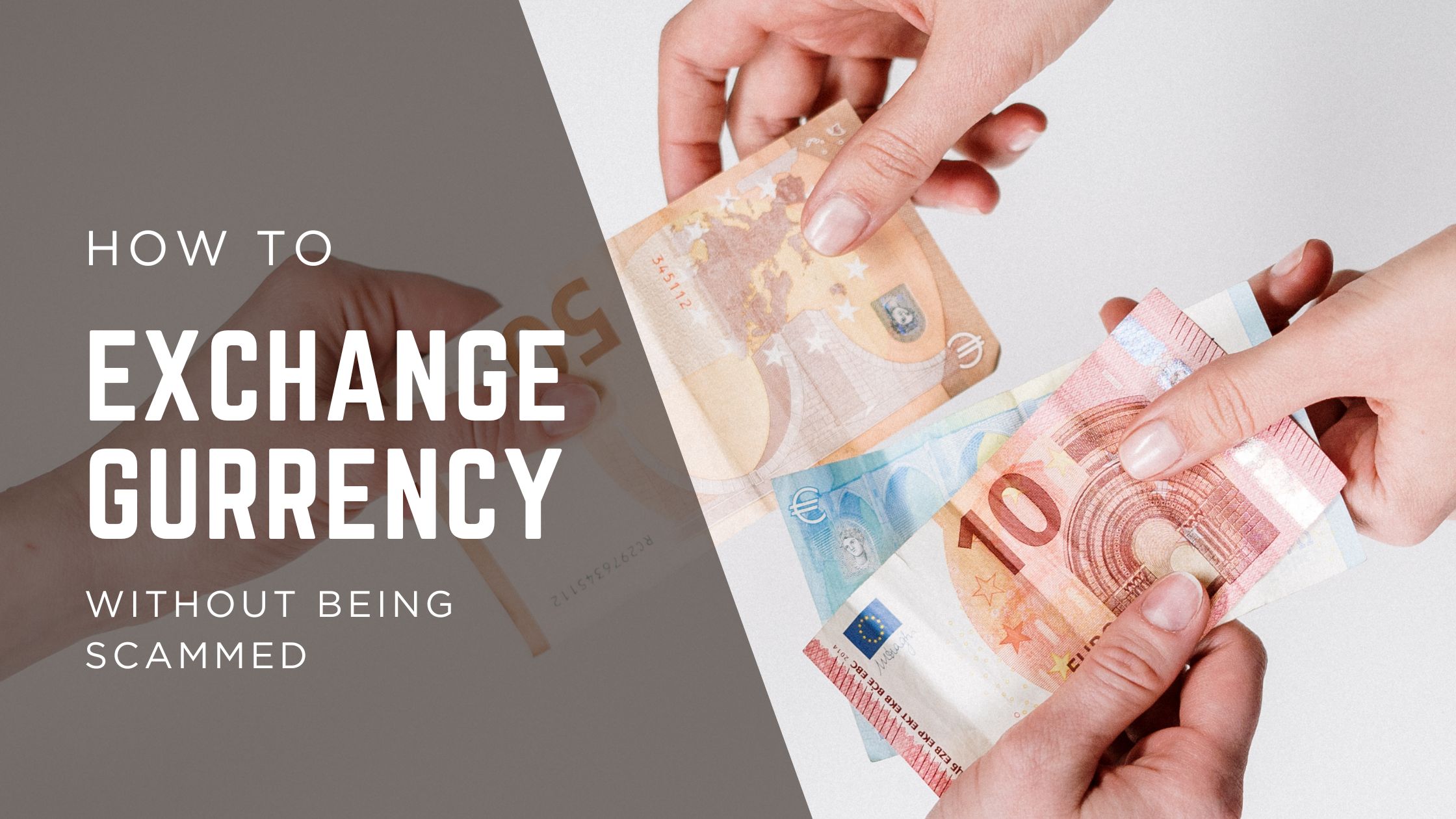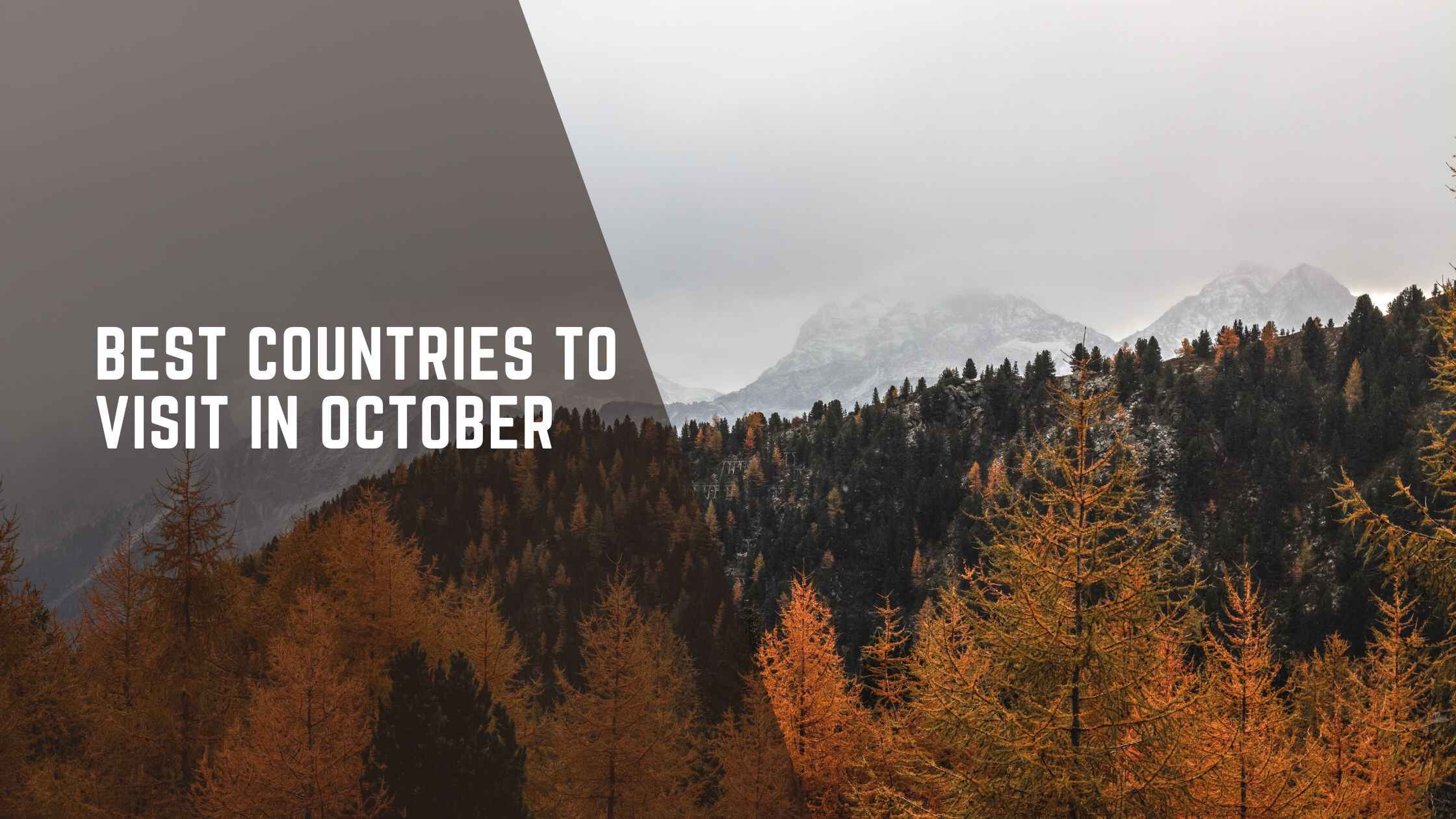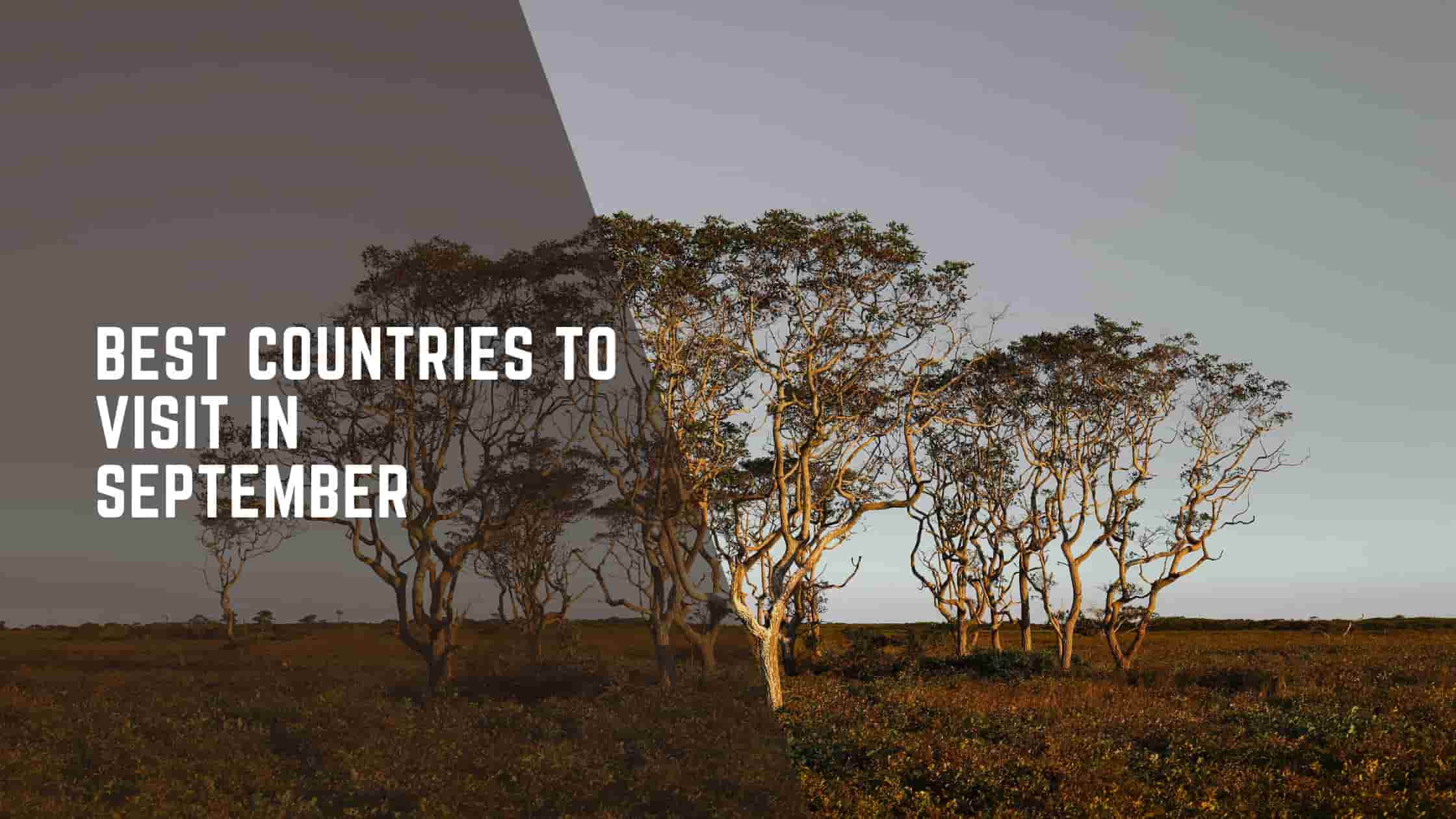
How to Exchange Currency Without Getting Scammed: A No-Nonsense Guide
How to Exchange Currency?
Let's Answer your concerns first!
1. Can I get scammed while exchanging currency?
Unfortunately, yes. Common scams include fake notes, bad exchange rates, or hidden fees. Always use authorized dealers and ask for receipts.
2. Is it better to exchange money in India or abroad?
In most cases, exchanging in India (especially for currencies like USD, EUR, AED, GBP) gives you better rates and more control.
3. What is the best way to exchange currency in India?
Use RBI-authorized money changers or digital forex platforms like Laxmii Forex to get competitive rates with transparency.
4. How do I check if a money changer is RBI-authorized?
You can check the official RBI website or ask the dealer for their FFMC or AD-II license. If they hesitate to show proof, skip them.
Quick Summary
- Insider Tips: Learn smart, real-world ways to exchange currency at the best possible rates (without shady deals).
- Scam Radar: Discover the common currency exchange scamsand how to dodge them like a pro.
- Action Plan: Get a simple, step-by-step method to ensure a safe and cost-effective currency exchange experience.
1. Know the Real Exchange Rate Before You Exchange
Before you step into a currency exchange office (or worse, hand your passport to a guy with a money belt on a street corner), check the real mid-market rate.
That’s the rate banks use to trade with each other. Apps like Google show you the actual rate. That’s your benchmark.
👉 Pro tip: If someone offers you a rate that’s wildly off from the mid-market rate, it’s not a “good deal”it’s a red flag.
2. Avoid Airport Kiosks Unless You are sure
Yes, they’re convenient. But sometimes, they’re also conveniently overpriced.
Airport exchange counters often charge higher margins, commission fees, or both. Why? Because they know you’re desperate, and desperation is expensive.
Instead, exchange a small amount just for emergency cash at the airport. Then, use trusted exchanges in the city or multi-currency forex cards from banks or RBI-authorized providers.
3. Use RBI-Authorized Money Changers Only
India is full of options. But not all of them are safe. To avoid getting scammed:
- Stick to RBI-authorized Full-Fledged Money Changers (FFMCs)
- Ask for a receipt every time
- Avoid cash-only deals from unverified shops
You can also use platforms like Laxmii Forex that transparently show rates online.
4. Compare Rates Online Before You Go Offline
We compare prices before buying a t-shirt. Why not do the same for $1,000?
Use online platforms to compare real-time forex rates in your city. This gives you negotiation power or helps you lock in the best rate digitally.
5. Watch for Hidden Fees and Markups
Even when someone says “0% commission,” they might sneak in profit through inflated exchange rates. Always ask:
- Is this the final amount I’ll get?
- Are there any service charges?
- What’s the markup over today’s market rate?
If they dance around your questions, you know what to do. Walk away.
6. Count Your Cash, Twice
This may sound basic, but it’s non-negotiable.
Always count your currency in front of the agent, even if there’s a queue behind you. Some shady operators might slip in torn notes or even switch denominations mid-count.
Don’t feel rushed. It’s your money.
7. Consider Forex Cards or International Debit Cards
For longer trips, carrying cash can be risky.
Instead:
- Load a forex card with the currency you need. It’s safe, swipeable, and sometimes cheaper than buying physical currency.
- Use international debit/credit cards with low foreign transaction fees.
Some cards even offer mid-market exchange rates and 0% mark up perfect for frequent travelers or students.
Conclusion
Exchanging currency doesn’t have to feel like navigating a maze full of hidden fees and shady counters. With the right preparation, checking live rates, comparing providers, and sticking to authorized dealers, you can keep more money in your wallet and less in someone else’s pocket. So the next time you’re planning a trip, treat currency exchange like part of your itinerary and not an afterthought. Be smart, stay sharp, and exchange like a pro.

